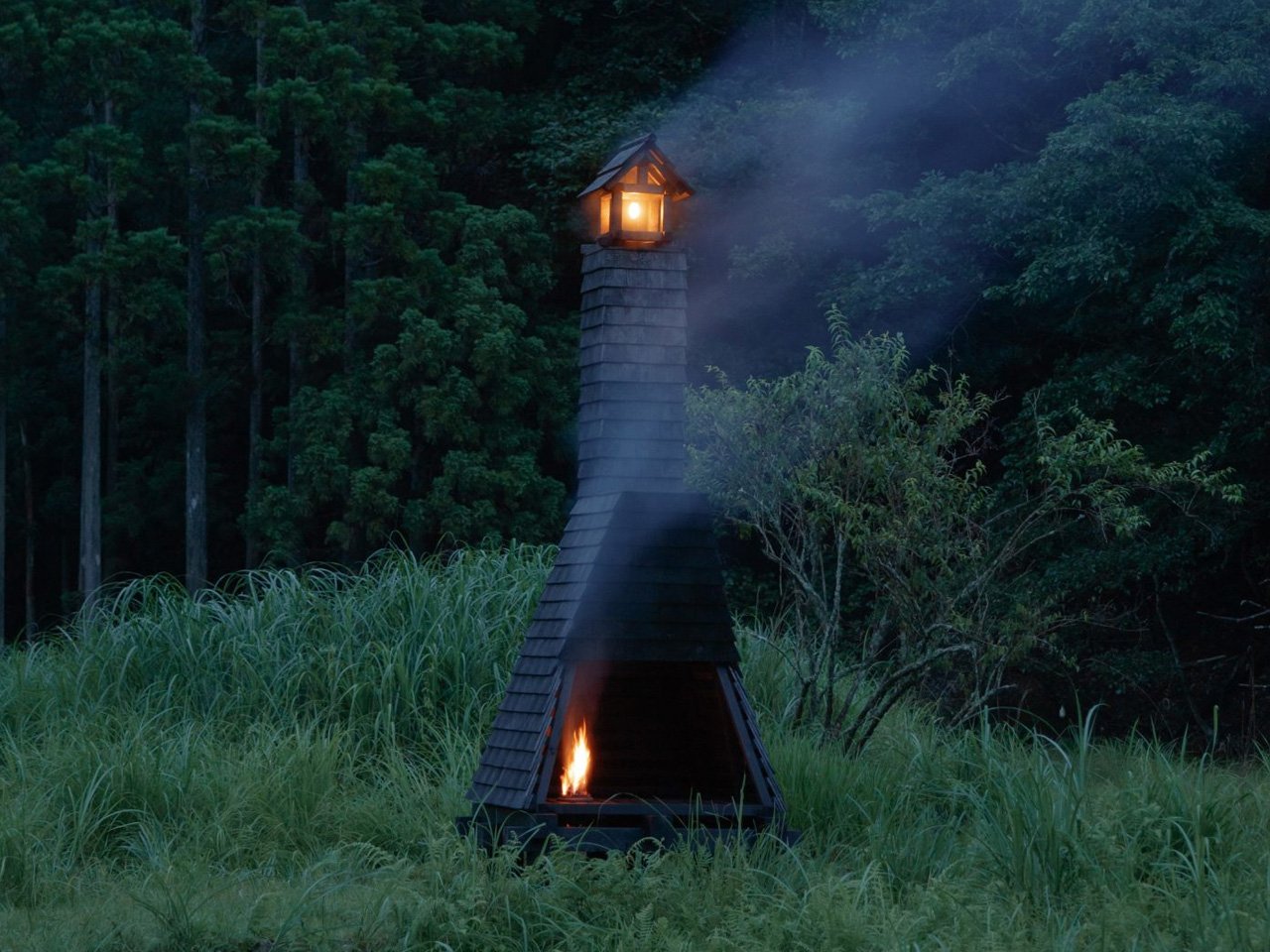
Perched quietly in the mountains north of Kyoto, Le Picabier is a micro tea room that redefines the notion of solitude and ritual in architecture. Designed by Studio 2m26 in collaboration with French practice Onomiau, this diminutive pavilion—intended for a single guest—offers an exquisite blend of tradition, material honesty, and site-specific design. Commissioned by Villa Kujoyama, the project stands as a poetic response to its environment, inviting reflection on both nature and the act of tea itself.
The structure’s distinctive chimney-like silhouette, clad in charred cedar shingles, instantly sets it apart from conventional tea houses. The use of yakisugi, the Japanese technique of burning wood for preservation, not only gives Le Picabier its striking black exterior but also grounds the building firmly in the local tradition of craftsmanship. This method enhances both the texture and longevity of the pavilion, while the deep, tactile surfaces evoke the beauty found in imperfection and transience—core themes of Japanese aesthetics.
Designer: 2m26 x Onomiau


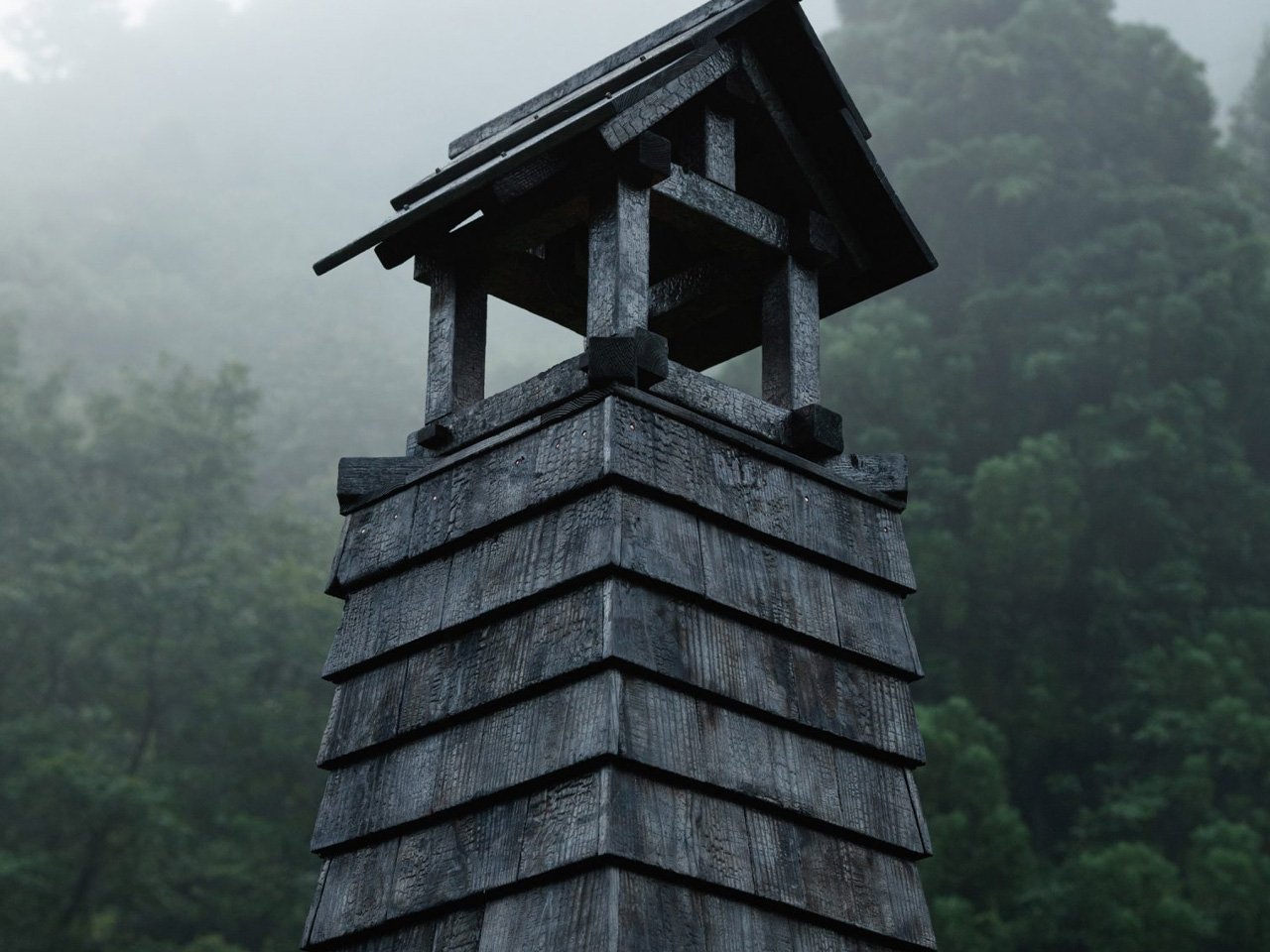

Inside, Le Picabier is a study in mindful minimalism. Natural light filters through the narrow space, shifting throughout the day to create an ever-changing play of shadow and texture. A single lantern suspended above the guest casts flickering candlelight, marking the subtle passage of time and further heightening the sense of introspection. The black tatami mat flooring, crafted by Mitsuru Yokoyama, and sparse furnishings encourage a meditative focus on the ritual at hand, with every detail supporting an atmosphere of quiet contemplation.
The tea room’s vertical emphasis is both visual and experiential. The tall chimney serves as the pavilion’s focal point, drawing the gaze upward and reinforcing a sense of aspiration and spiritual retreat. The integrated fire pit, essential for boiling water, becomes the heart of the space—its warmth and glow connecting the guest to elemental forces. This combination of verticality and warmth transforms the small structure into a sanctuary, where silence and simplicity become luxuries in themselves.
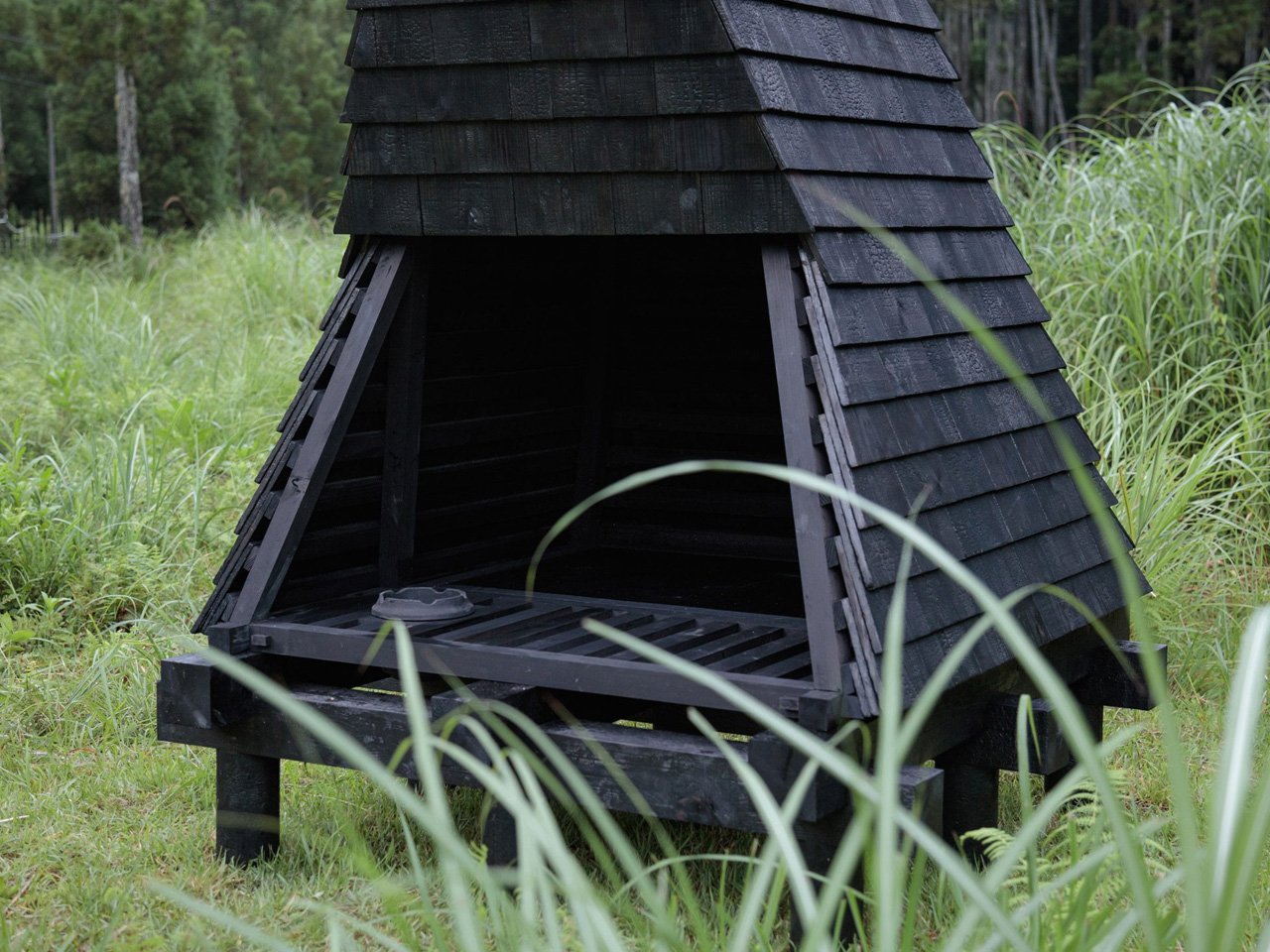

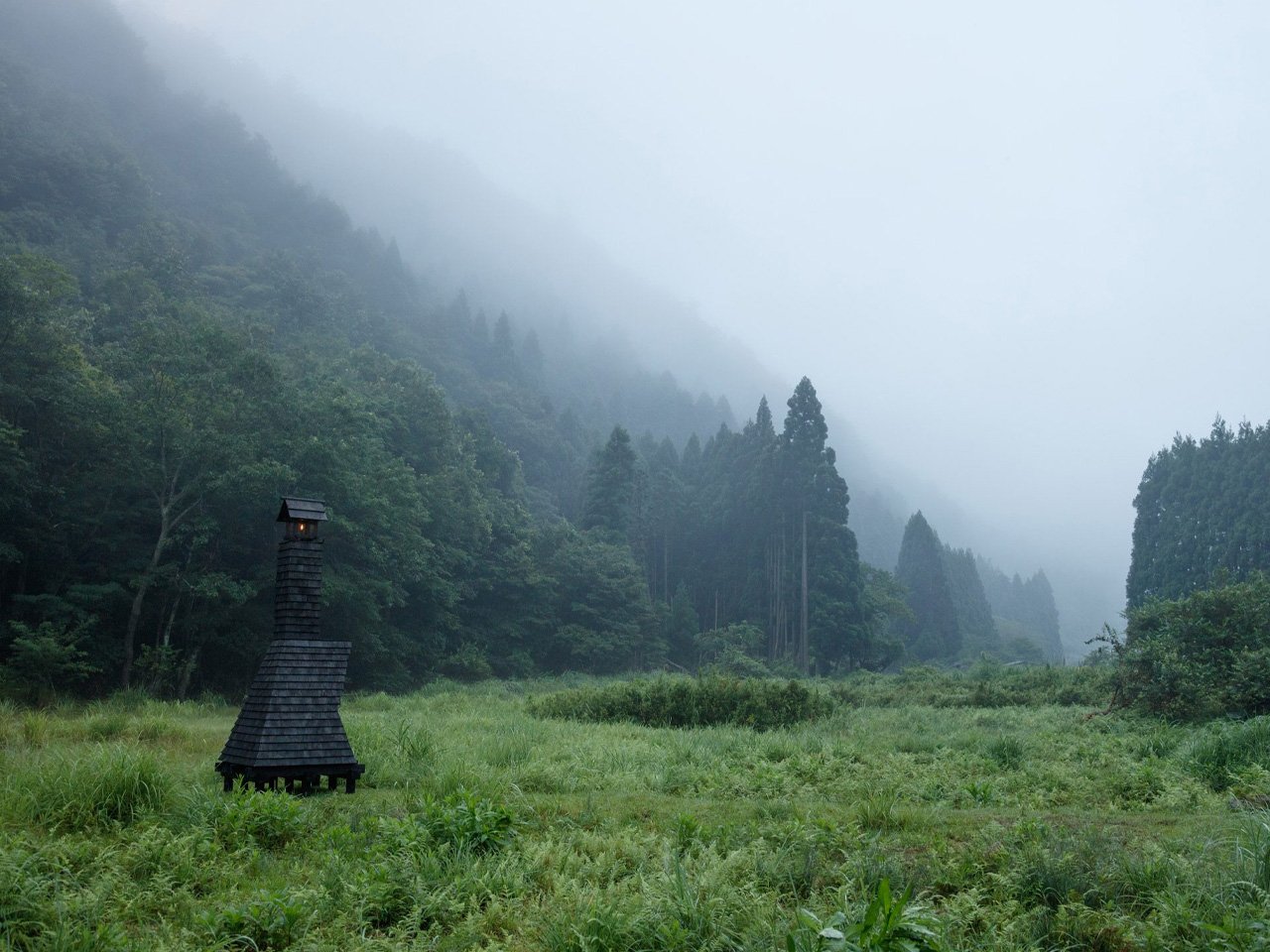

Le Picabier’s design is deeply informed by the legacy of Sen no Rikyū, the 16th-century tea master who revolutionized the Japanese tea ceremony by embracing shadow, silence, and the beauty of imperfection. Yet, the project is unmistakably contemporary, merging traditional Japanese elements with a European sensibility brought by Onomiau. Its compact footprint and careful use of materials make it an exemplary case of micro-architecture, where constraints become sources of creativity and meaning.
In a world increasingly dominated by noise and distraction, Le Picabier offers a rare kind of architectural experience—one that prioritizes solitude, sensory awareness, and connection to place. By distilling the tea house to its essence, Studio 2m26 and Onomiau have crafted more than a shelter; they have created a space for personal ritual and reflection. It’s a timely reminder that even the smallest buildings can inspire profound encounters between people, objects, and the natural world.
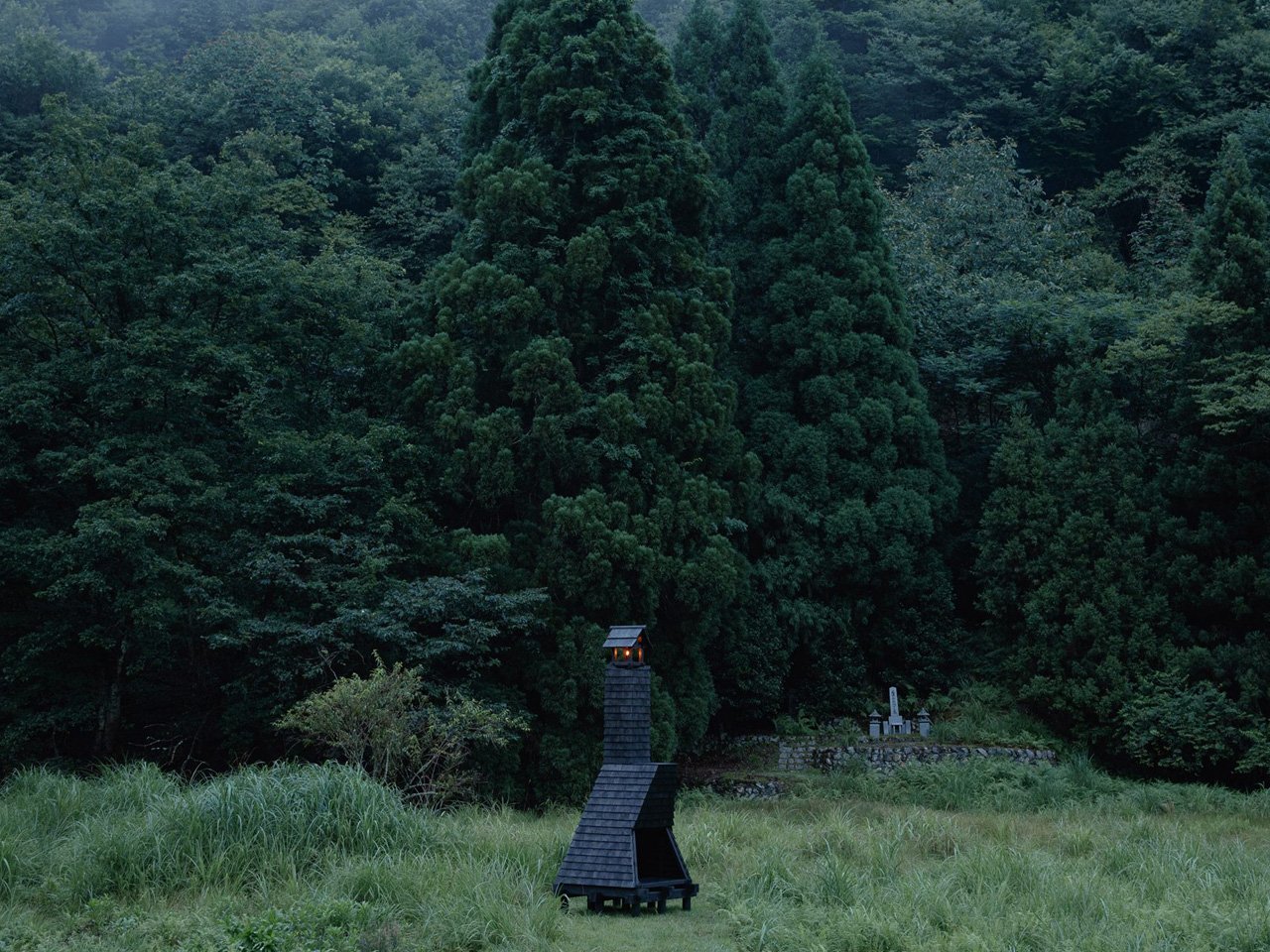

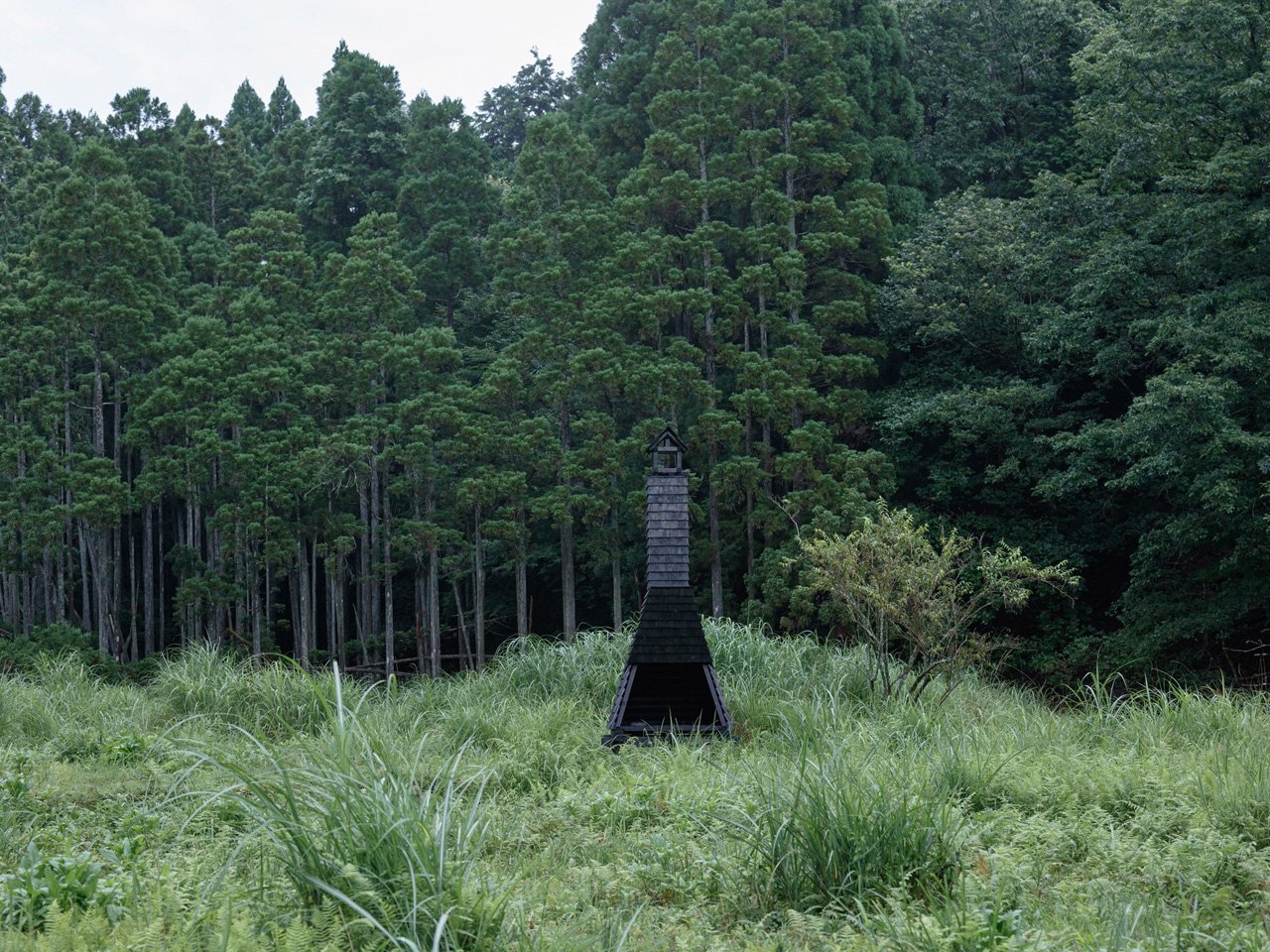

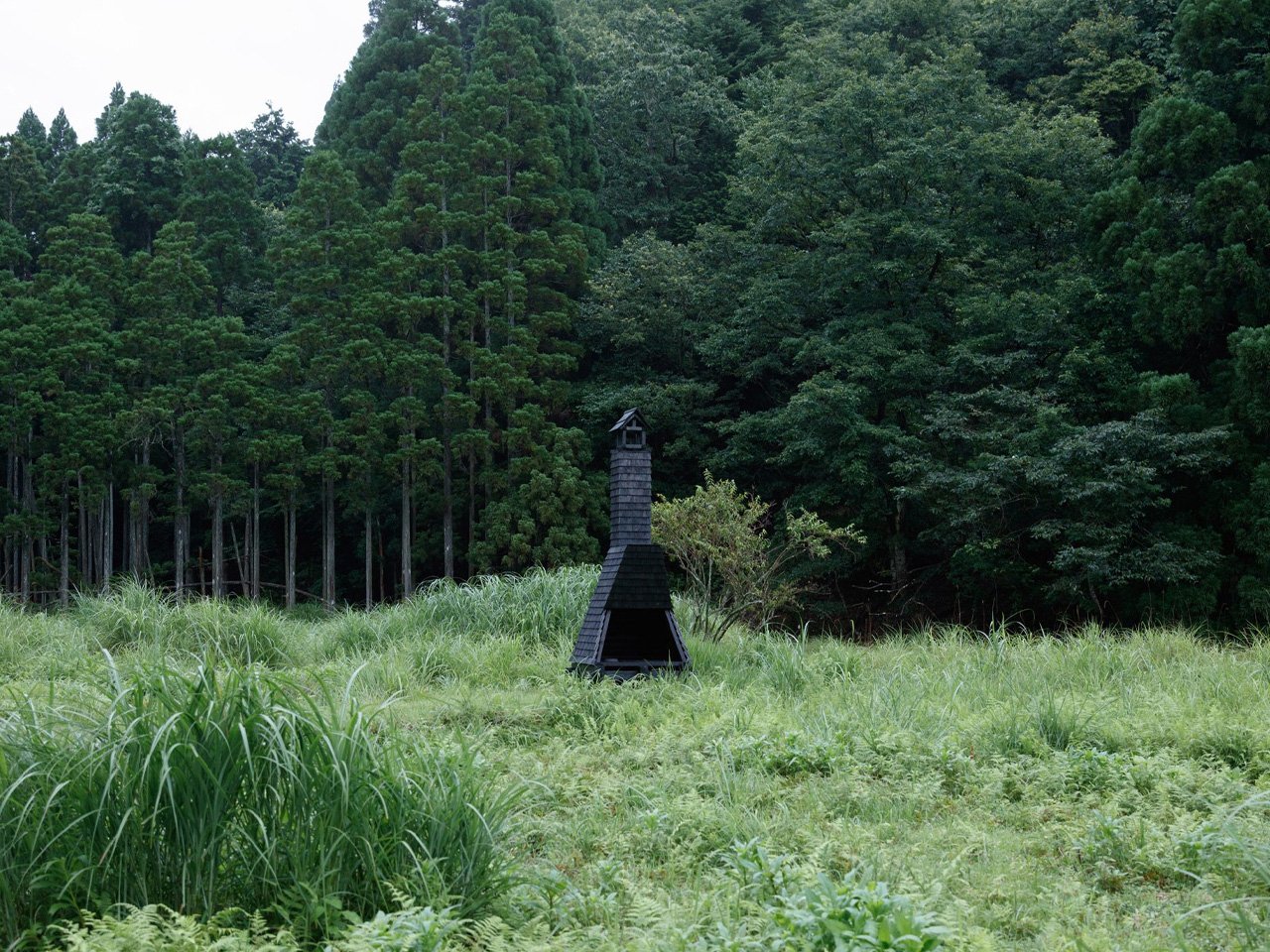



AloJapan.com